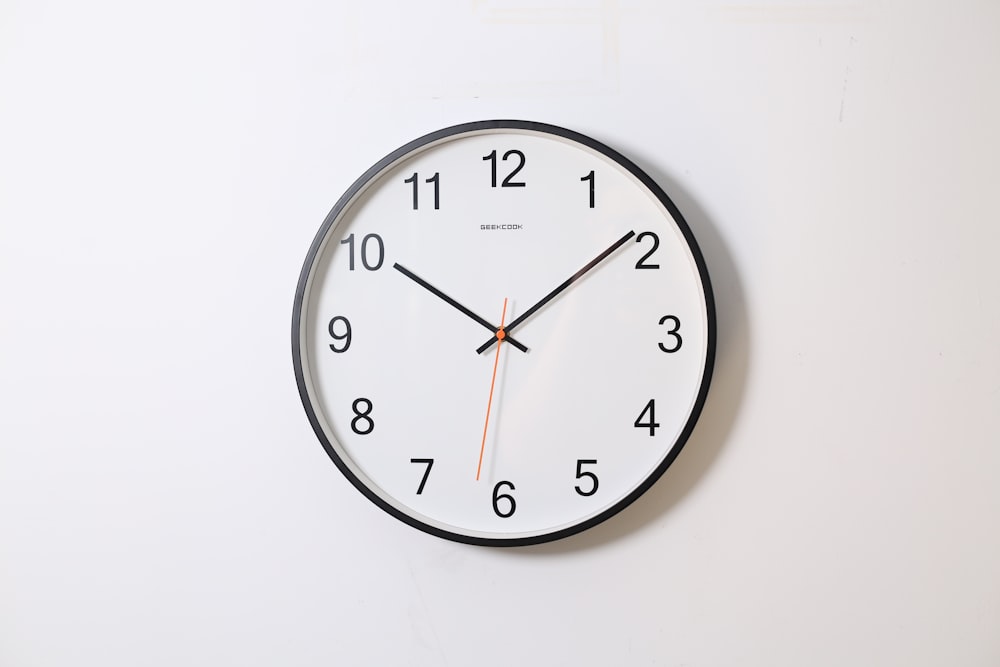The main rules of healthy sleep
15 January 2024
Sleep is important for maintaining physical and mental health. Insufficient or incomplete sleep can lead to a variety of problems, including reduced performance, the risk of developing diseases and emotional distress. In order to ensure deep and healthy sleep, following some basic rules is very important.
1. Sleep schedule
Establishing a regular sleep schedule is a fundamental part of a healthy lifestyle. Try to go to bed and wake up at the same time every day, including weekends. This helps to adjust your biological clock. Over time, this routine becomes natural, ensuring better and more regular sleep.
2. Comfortable environment
Creating a favourable environment for sleeping is an extremely important aspect. Provide a quiet, dark and cool place for you to rest. Use dark curtains or a sleep mask to block out any unnecessary light. Consider using a fan or other method to provide fresh air, which can also promote deep sleep.
Photo by zero take on Unsplash
3. Ban screens before bedtime
The internet and social media can be real killers of healthy sleep. Stop using your smartphone, tablet or computer at least an hour before you go to bed. The blue light they emit can lead to a decrease in the quality and duration of your sleep.
4. Physical activity
Regular physical activity not only affects your physical health, but also your sleep quality. Exercise throughout the day, but avoid intense exercise at least an hour before bedtime. Light exercise, such as a walk, can help relax your muscles and prepare your body for rest.
Photo by Christopher Campbell on Unsplash
5. Limit coffee and alcohol
Avoid drinking caffeine and alcohol at least 4-6 hours before bedtime. They can negatively affect the quality of your sleep, making it less deep. Instead, choose warm decaffeinated drinks or herbal teas.
6. Eat a light meal before bed
Don't go to bed hungry, but avoid heavy meals before bed. A light snack containing carbohydrates and protein can make it easier to fall asleep, giving your body the resources it needs to recover.
Photo by Hermes Rivera on Unsplash
7. Relaxation techniques
Stress is one of the main causes of sleep disorders. Learn relaxation techniques and start using them before bed. This can be meditation or deep breathing. These techniques help to calm the mind, preparing it for a restful night's sleep.
8. Loose clothes and a comfortable bed
Sleeping clothes should not only be pleasant to the touch, but also loose. Choose lightweight underwear that will not cause discomfort during a good night's rest. A comfortable mattress and pillows will provide optimal body support, helping to avoid pain and muscle tension.
Photo by Raspopova Marina on Unsplash
9. Temperature control
Ensure that the room is at a comfortable temperature while you sleep, avoiding overheating or cooling.
The optimum temperature for sleeping may vary depending on individual sensitivities, but it is generally recommended to set the temperature between 15 and 20 degrees Celsius. This range is considered comfortable for most people and promotes deep and restful sleep.
10. Controlling sleep duration
Follow the recommendations for your age group regarding the number of hours of sleep. Adults are generally recommended to sleep 7-9 hours a night.
By following these simple rules, you can significantly improve the quality of your sleep, as well as your physical and mental health. Healthy sleep is the key to an active and happy life.





